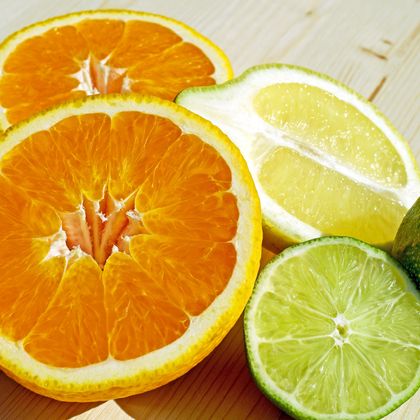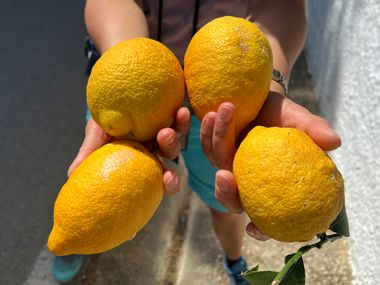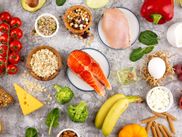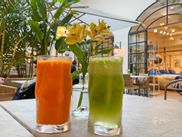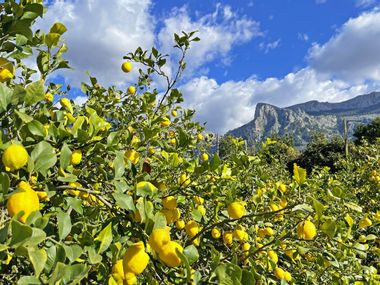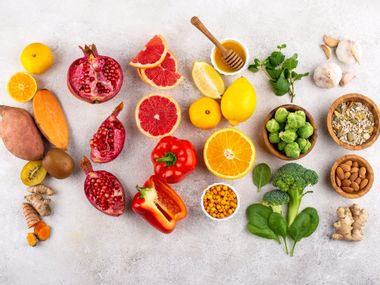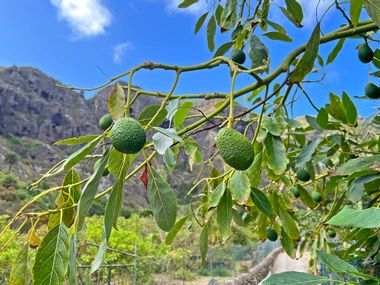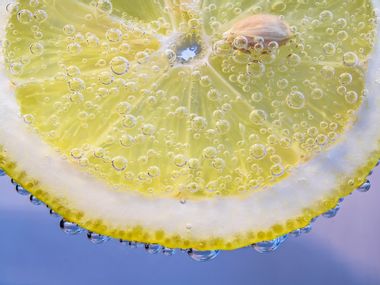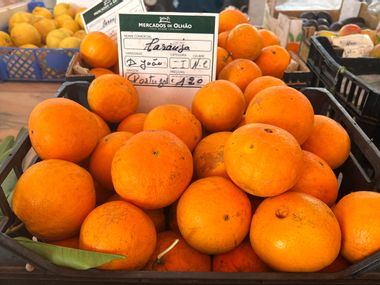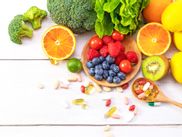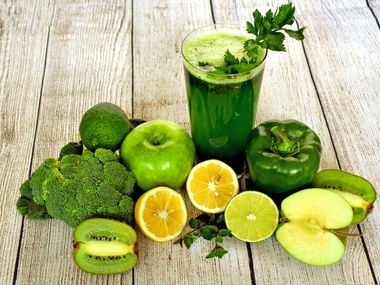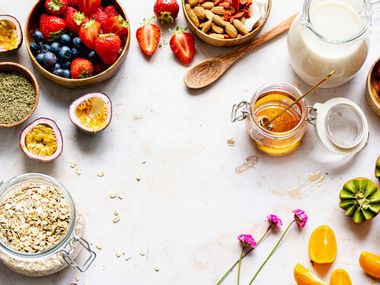Certainly, vitamins constitute the essential foundation for a healthy and vibrant life in our bodies. They significantly impact our well-being and contribute to our physical performance and fitness. The proper selection of vitamin-rich foods or dietary supplements varies from person to person and depends on individual physical activity levels.
At the beginning of the year, we would like to take a closer look at this topic and prioritize our health. Our Vitamin 1 x 1 is designed to support a healthy start to the new year and ensure that we can make the most of our bodies for the hiking year 2025, feel good, and have plenty of energy. In our small vitamin lexicon, we reveal which vitamins and minerals are essential and what they mean for our body and immune system.

